Intent
Rationale
At Caedmon Primary, we deliver a high-quality science education which provides the foundations for understanding the world through the specific disciplines of biology, chemistry and physics. Science has changed our lives and is vital to the world’s future prosperity, and all pupils are taught essential aspects of the knowledge, methods, processes and uses of science. Through building up a body of key foundational knowledge and concepts, our pupils develop a sense of excitement and curiosity about natural processes and events. They are encouraged to ask questions to further their understanding and are taught how science can be used to explain what is occurring.
Aims
At Caedmon Primary, we understand that children are naturally curious and we encourage this inquisitive nature throughout their time with us. Science fosters a healthy curiosity in children about our universe and promotes respect for living organisms and non-living objects. We believe science encompasses the acquisition of knowledge, concepts, skills and positive attitudes. Through the programmes of study in the National Curriculum science document children will acquire and develop these skills throughout their Primary years. We ensure that the Working Scientifically skills are built-upon and developed throughout their school career so that they can use equipment, conduct experiments, build arguments and explain concepts confidently, continue to ask questions and be curious about their surroundings.
Key Concepts
The science key concepts are: Animals including Humans; Forces and Magnets; Rocks; Plants; Light; States of Matter; Electricity; Living Things and their Habitats; Sound; Earth and Space; Evolution and Inheritance.
Skills Progression
Our curriculum takes children on their journey from Nursery right through to Year 6.
In Nursery and Reception:
Our Early Years curriculum for Nursery and Reception pupils follows the ‘Early Years Framework’ which then links into Years 1-6 where we follow the National Curriculum for Science. We have designed a sequenced and progressive long term planning format to ensure that lessons build on prior knowledge and enable our pupils to know more and remember more. Please visit our Early Years page within this section of the website to find out more.
The school follows the National Curriculum for Science which ensures that the key areas of content to be covered are taught progressively. These areas are: plants, animals including humans, everyday materials, living things and their habitats and seasonal change in Key Stage One. This is followed by plants, animals including humans, rocks, light, forces and magnets, living things and their habitats, states of matter, sound and electricity in Key Stage Two. Scientific enquiry skills are also taught progressively, as laid out in the National Curriculum Framework:
In Key Stage One, children will be taught to use the following practical scientific methods, processes and skills through the teaching of the programme of study content:
- asking simple questions and recognising that they can be answered in different ways
- observing closely, using simple equipment
- performing simple tests
- identifying and classifying
- using their observations and ideas to suggest answers to questions
- gathering and recording data to help in answering questions.
In Key Stage Two, children will be taught to use the following practical scientific methods, processes and skills through the teaching of the programme of study content:
- asking relevant questions and using different types of scientific enquiries to answer them
- setting up simple practical enquiries, comparative and fair tests
- making systematic and careful observations and, where appropriate, taking accurate measurements using standard units, using a range of equipment, including thermometers and data loggers
- gathering, recording, classifying and presenting data in a variety of ways to help in answering questions
- recording findings using simple scientific language, drawings, labelled diagrams, keys, bar charts, and tables
- reporting on findings from enquiries, including oral and written explanations, displays or presentations of results and conclusions
- using results to draw simple conclusions, make predictions for new values, suggest improvements and raise further questions
- identifying differences, similarities or changes related to simple scientific ideas and processes
- planning different types of scientific enquiries to answer questions, including recognising and controlling variables where necessary
- recording data and results of increasing complexity using scientific diagrams and labels, classification keys, tables, scatter graphs, bar and line graphs
- identifying scientific evidence that has been used to support or refute ideas or arguments.
Core Skills
Analyse, ask and answer questions, classify, compare, interpret, predict, hypothesise, observe, reason, explain, sort and present.
Implementation
Strategies and Teaching Resources
Teachers create a positive attitude to science learning within their classrooms and reinforce an expectation that all children are capable of achieving high standards in science. Our whole school approach to the teaching and learning of science involves the following:
Science will be taught in planned weekly sessions. This is a strategy to enable the achievement of a greater depth of knowledge. Children are able to revisit prior knowledge in order to build on it and make it stick.
Through our planning, we involve problem solving opportunities that allow children to find out for themselves. Children are encouraged to ask their own questions and be given opportunities to use their scientific skills and research to discover the answers. This curiosity is celebrated within the classroom. Planning involves teachers creating engaging lessons, often involving high-quality resources to aid understanding of conceptual knowledge. Teachers use precise questioning in class to test conceptual knowledge and skills, and assess children regularly to identify those children with gaps in learning, so that all children keep up.
We build upon the learning and skill development of the previous years. As the children’s knowledge and understanding increases, and they become more proficient in selecting, using scientific equipment, collating and interpreting results, they become increasingly confident in their growing ability to come to conclusions based on real evidence.
Working Scientifically skills are embedded into lessons to ensure these skills are being developed throughout the children’s school career and new vocabulary and challenging concepts are introduced through direct teaching. This is developed through the years, in-keeping with the topics.
Teachers demonstrate how to use scientific equipment, and the various Working Scientifically skills in order to embed scientific understanding. Teachers find opportunities to develop children’s understanding of their surroundings by accessing outdoor learning and workshops with experts.
Impact
Our learners will …
Take part in lessons that are fun and engaging. Caedmon Primary’s high-quality science education provides children with the foundations for understanding the world and the opportunity to develop a passion for the subject. Our engagement with the local environment ensures that children learn through varied and first-hand experiences of the world around them. Through various workshops, trips and interactions with experts, children have the understanding that science has changed our lives and that it is vital to the world’s future prosperity.
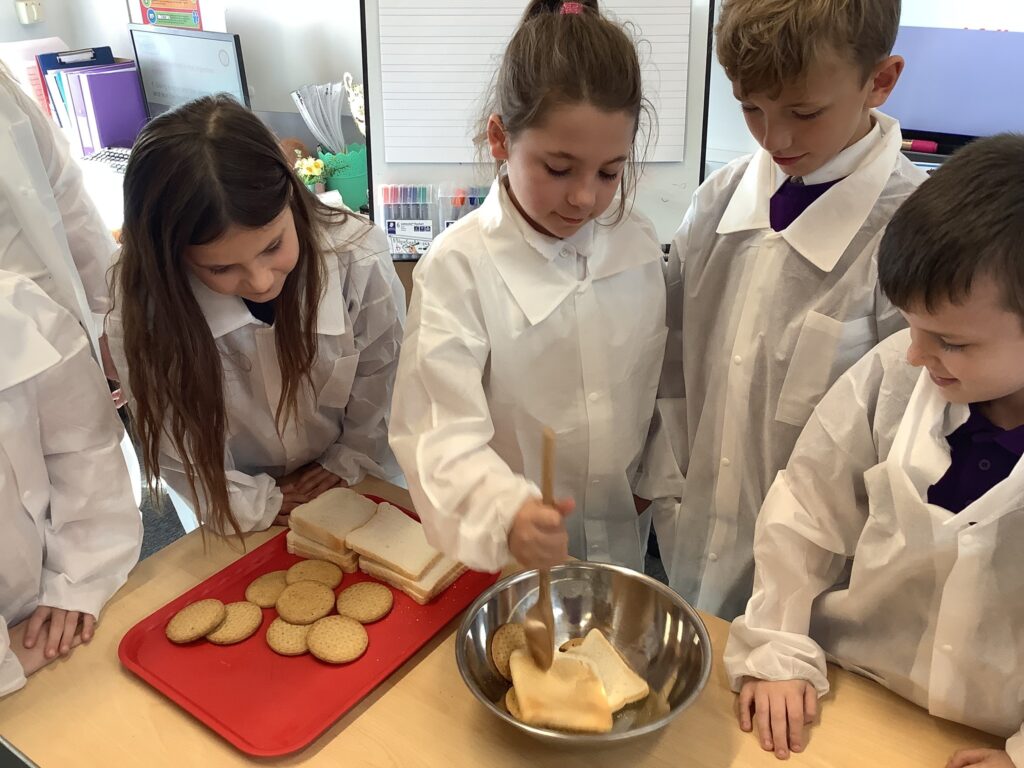
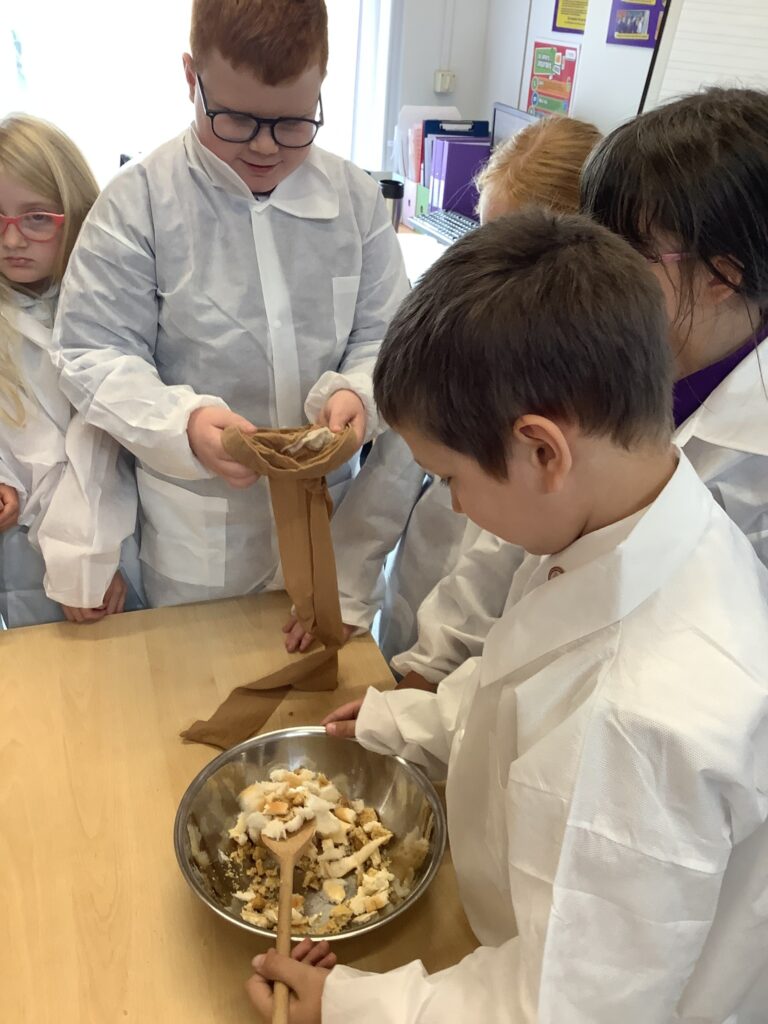
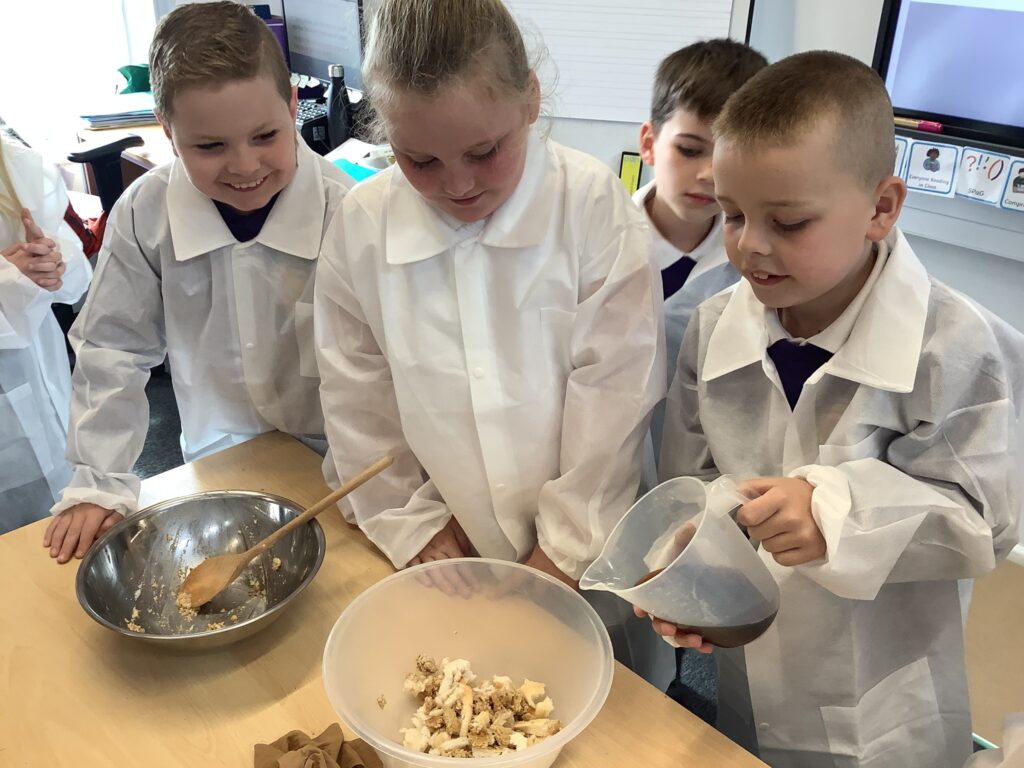
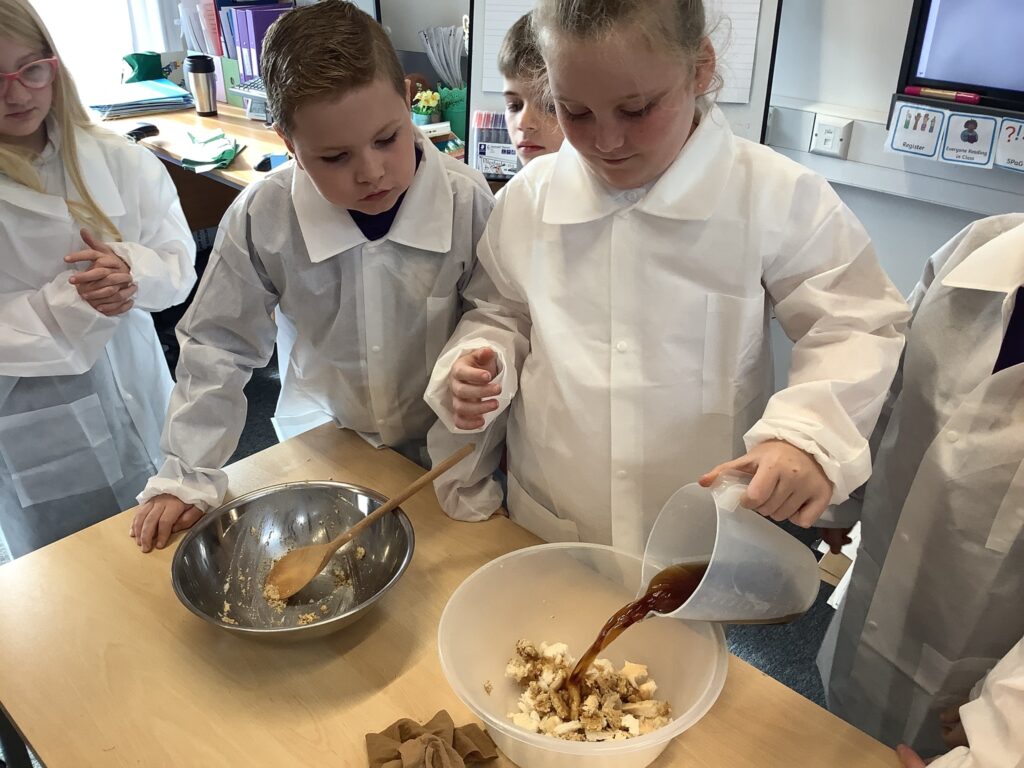
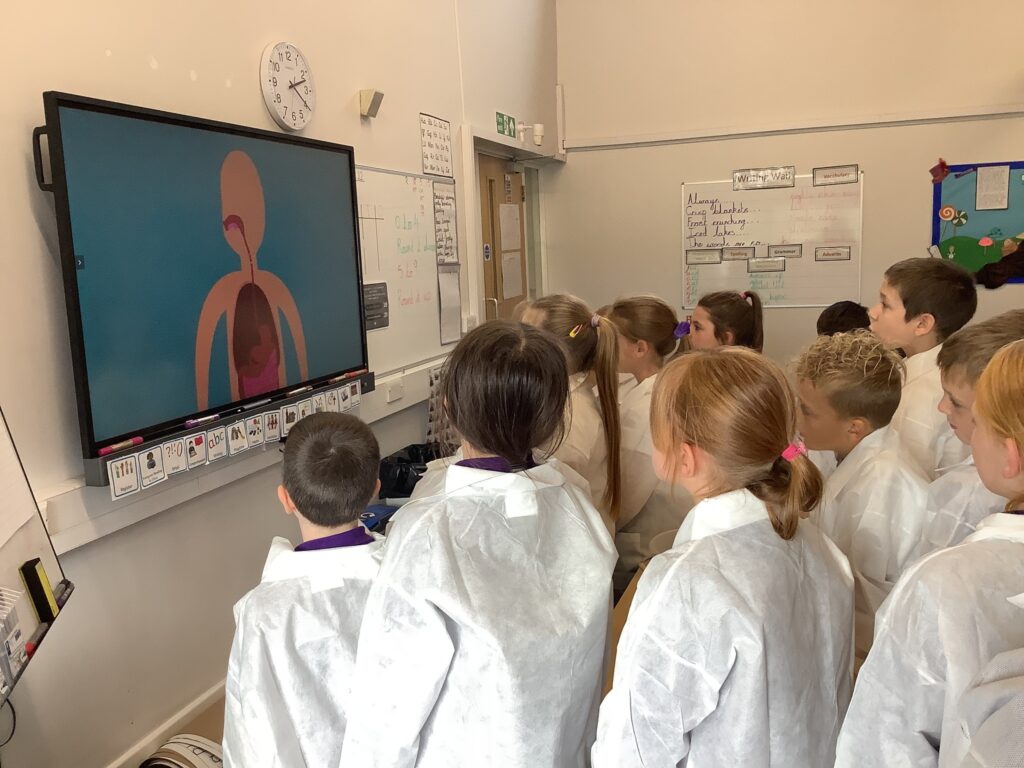
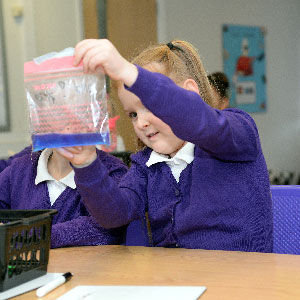
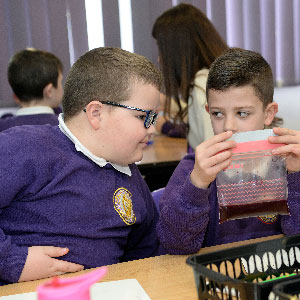

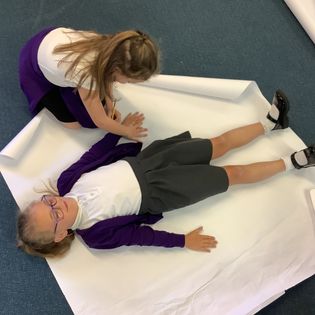
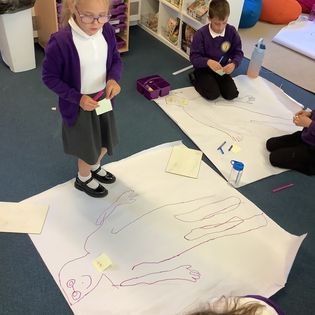



 |
|